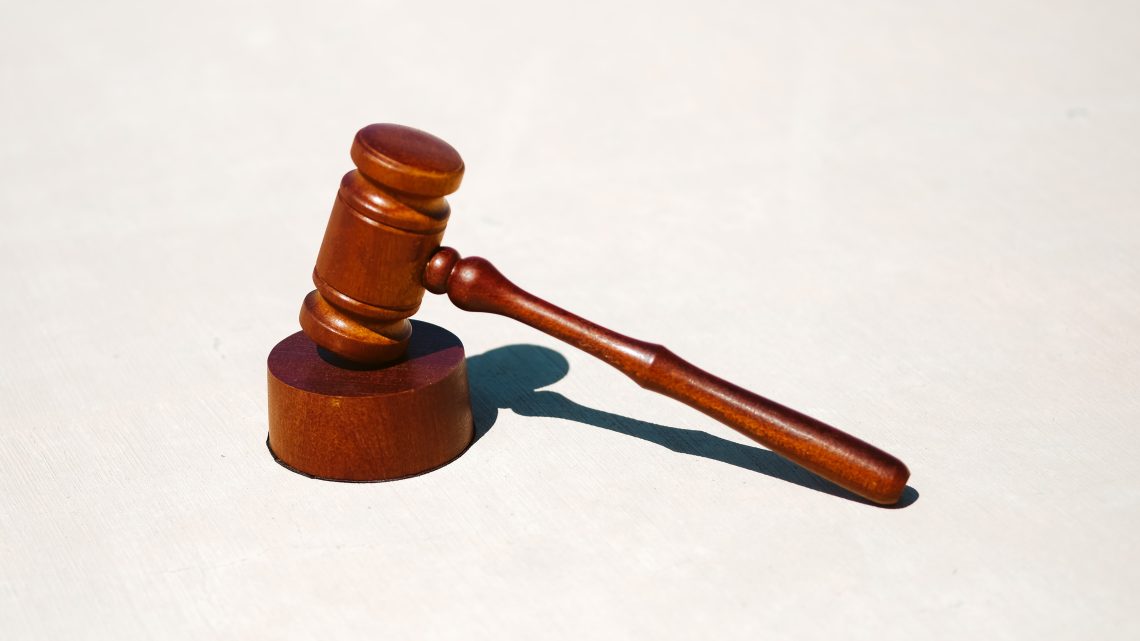Personal injury cases are complex legal matters that vary in duration depending on various factors, including the nature of the injury, the extent of damages, and the specifics of the legal process in the jurisdiction where the case is filed. In Washington State, navigating the timeline of a personal injury case requires an understanding of the state’s legal procedures, statutes of limitations, and the unique circumstances surrounding each case. In this article, we’ll delve into the typical timeline of a personal injury case in Washington and explore the various stages involved in seeking compensation for injuries sustained due to another party’s negligence.
Initial Consultation and Investigation
The journey of a personal injury case often begins with an initial consultation with a qualified attorney. During this meeting, the attorney will evaluate the details of the case, including the circumstances of the accident, the extent of injuries, and the potential liability of the at-fault party. If the attorney determines that there are grounds for a personal injury claim, they will initiate an investigation to gather evidence, interview witnesses, and assess the damages suffered by the victim.
Filing the Complaint
Once the investigation is complete and the attorney has determined that there are sufficient grounds for a claim, they will file a complaint with the appropriate court in Washington. The complaint outlines the legal basis for the claim, the injuries sustained by the plaintiff, and the damages sought. After the complaint is filed, the defendant is served with a copy of the complaint and given a specified period to respond.
Discovery Phase
Following the filing of the complaint, both parties engage in the discovery phase, during which they exchange relevant information and evidence related to the case. This may include documents, witness statements, medical records, and expert opinions. The discovery phase allows each side to assess the strengths and weaknesses of the opposing party’s case and prepare their arguments accordingly.
Mediation or Settlement Negotiations
In many personal injury cases, parties may opt for mediation or engage in settlement negotiations to resolve the matter outside of court. Mediation involves a neutral third party facilitating discussions between the parties with the goal of reaching a mutually acceptable settlement. Settlement negotiations may occur at any stage of the legal process but are often pursued after the discovery phase when both parties have a clearer understanding of the strengths and weaknesses of their respective cases.
Trial Proceedings
If mediation or settlement negotiations fail to produce a satisfactory outcome, the case will proceed to trial. In Washington, personal injury cases are typically heard in state court, where a judge or jury will determine liability and assess damages. The trial process involves presenting evidence, calling witnesses, and making legal arguments before a decision is reached. The length of a trial can vary depending on the complexity of the case and the court’s schedule.
Appeals Process
Following a trial verdict, either party may choose to appeal the decision if they believe there were errors in the legal proceedings or if they disagree with the outcome. The appeals process can add additional time to the resolution of a personal injury case as it involves reviewing the trial record and presenting arguments to a higher court.
It’s important to note that the timeline of a personal injury case can vary widely depending on the specific circumstances of each case. While some cases may be resolved relatively quickly through settlement negotiations, others may require extensive litigation and appeals, prolonging the process significantly. Additionally, factors such as the backlog of cases in the court system and the availability of judges and attorneys can also impact the timeline of a personal injury case.
In conclusion, the duration of a personal injury case in Washington can range from several months to several years, depending on the complexity of the case and the willingness of the parties to negotiate or pursue litigation. Working with an experienced personal injury attorney can help navigate the legal process efficiently and maximize the chances of obtaining fair compensation for injuries and damages suffered as a result of another party’s negligence.




No Comment